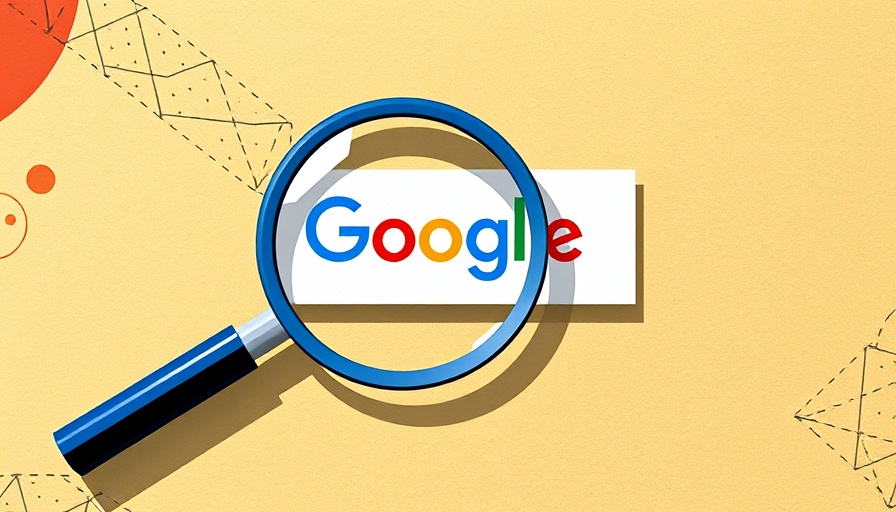
Google's Struggle to Innovate in an Evolving Landscape
For over two decades, Google has been the go-to search engine, becoming synonymous with online searches. Yet today, as the tech world rapidly evolves under the influence of artificial intelligence, a compelling question arises: Is Google merely playing catchup with pioneers like OpenAI and its ChatGPT?
Recent advancements from Google, including the AI Mode and Gemini, are undeniably impressive. However, upon closer analysis, many observers, including technology insiders, feel they are not groundbreaking innovations but rather attempts to catch up with existing features already mastered by ChatGPT.
The Emergence of AI Language Models
The introduction of AI language models has changed the way users interact with search engines. While traditional engines like Google provide a list of links, ChatGPT offers users direct responses, enhancing user experience by adopting a conversational approach. As OpenAI continues to refine and expand upon its offerings, Google's new features, such as enhanced reasoning and deep research capabilities in Gemini, seem to mirror these innovations rather than showcase originality.
Feature Parity: Google vs. OpenAI
It's evident that Google's latest features aim to achieve parity with what has long been part of ChatGPT's offerings. Despite the cool factor of Google's AI Mode, it functions similarly to what OpenAI was already implementing months earlier. This rising challenge indicates a significant realization within Google — the need to innovate rather than merely enhance existing frameworks.
The Changing Dynamics of Search Technology
This busy intersection of AI-driven queries entails recognizing limitations. Both ChatGPT and Google Gemini are designed to generate human-like responses and allow users to ask follow-up questions; however, the way they approach search still varies significantly. If Google wishes to lead rather than follow, it must adopt a position centered on emerging technologies and reimagine its search architecture further.
Real-World Impact on Industries
The implications of this shifting search paradigm are significant for industries like healthcare, finance, and sustainability. Mid-to-senior professionals in these fields need tools that deliver actionable insights and data-driven information rapidly. As AI tools evolve, their potential to transform business practices is unfolding palpably.
Future Trends and User Engagement
The future of technology in search will hinge upon understanding user behavior and preferences. Continuous feedback loops from users should drive development. Google’s late-stage attempts are a signal; it needs to foster an environment that encourages creativity and not just reactive changes to competitor offerings.
Embracing the Future of Search
In conclusion, as users expect more intuitive and conversational interactions with their search engines, companies like Google must embrace not just incremental changes but major transformations. Staying ahead means aligning with disruptive technologies that prioritize user experience and creativity.
Join the conversation on how these developments will shape the future and redefine our digital interactions.
 Add Row
Add Row  Add
Add 



 Add Row
Add Row 


 Add
Add 

Write A Comment